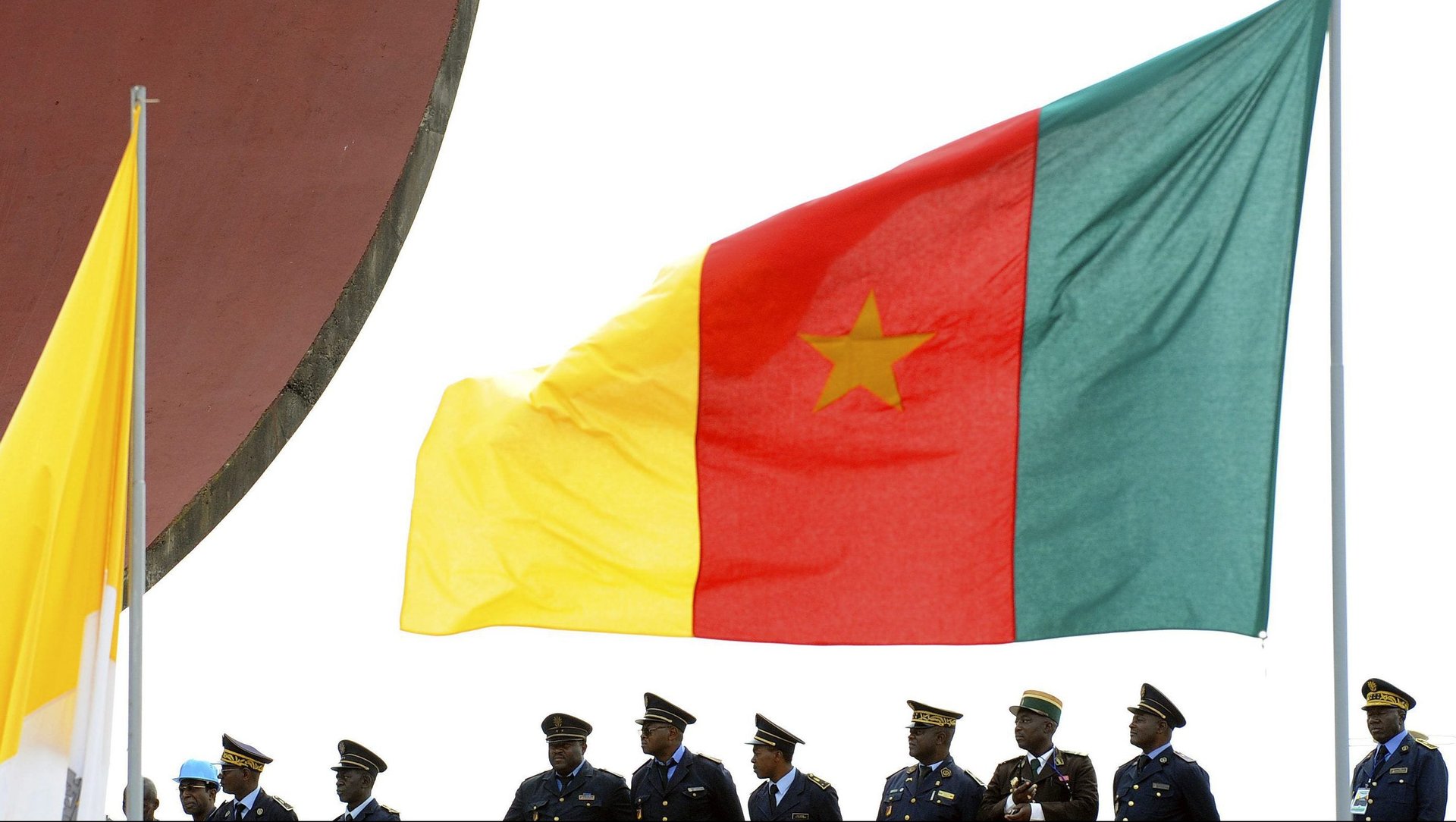How Cameroon pressured mobile operators to shut down the internet and stifle dissent
For over a week now, the northwest and southwest regions of Cameroon have not had any access to the internet. But details surrounding the internet shutdown in the English-speaking regions of the country continue to emerge slowly, showing a government intent on controlling access, operators pressured to cut connections, and observers worried about censorship and surveillance.


For over a week now, the northwest and southwest regions of Cameroon have not had any access to the internet. But details surrounding the internet shutdown in the English-speaking regions of the country continue to emerge slowly, showing a government intent on controlling access, operators pressured to cut connections, and observers worried about censorship and surveillance.
The internet outage and subsequent block marked the culmination of months of protests against the dominance of French-language use in the bilingual country. The demonstrations reached a new peak in early January when protestors stayed at home to strike against government marginalization. On Jan. 17, after two days of riots and stay-away by teachers and lawyers, Akamai, the US-based internet content delivery company reported sharp drops in internet connectivity in the central African country.
At the time, mobile phone companies didn’t issue any official statements about the internet cutoff. But new audio recordings and letters shared by advocacy groups like Internet Sans Frontières point to operators who were worried their licenses would be withdrawn if they didn’t comply with government orders to shut the internet.
In a recorded phone conversation, which is alleged to be a senior MTN executive says the company received written instruction from the government to suspend internet connectivity as part of their license conditions particularly when there’s a national security concern.
A widely-circulated letter online from the director of the country’s national telecommunications company, CAMTEL, also seems to confirm some of the concerns from the operators. In the letter to the minister for post and telecommunications, authorities at CAMTEL say they took measures on Jan. 17 and 18 to “coercively enforce your mentioned instructions” to suspend internet services “in certain sensitive regions.”
“This is unacceptable,” says Julie Owono, head of the Africa desk at like Internet Sans Frontières and a Cameroonian herself. “No operator should be punished or threatened because it respects the UN guiding principle on business and human rights.” This trend in internet blocks, she said, “shows that more than ever, the fight against internet shutdown is a matter of human rights, which concerns citizens, civil society organizations, and business companies.”
Prior to the shutdown, the government had also used telecom companies to send text messages to subscribers warning them of using social media to spread rumors and false news. (In Nov. 2015, the speaker of the assembly called social media “a new form of terrorism.”) After facing criticism online for sending the messages, operators like MTN responded by saying they sometimes had “to carry messages on their networks intended for the general public” given that it came from their principal regulator, the ministry.
Cameroonian authorities were also able to shut down the internet because the government-owned CAMTEL operates the fiber optic backbone that provides internet to the country. Owono says the government was able to shut down the internet to specific regions by disconnecting them from the national or global area network using third party software.
“This means that the government ordered internet service providers to change the routing tables or to cut off the routers with the help of a software,” Owono says. “Or they can do [the shutdown] with a hardware, by turning off machines or pulling out cables.”